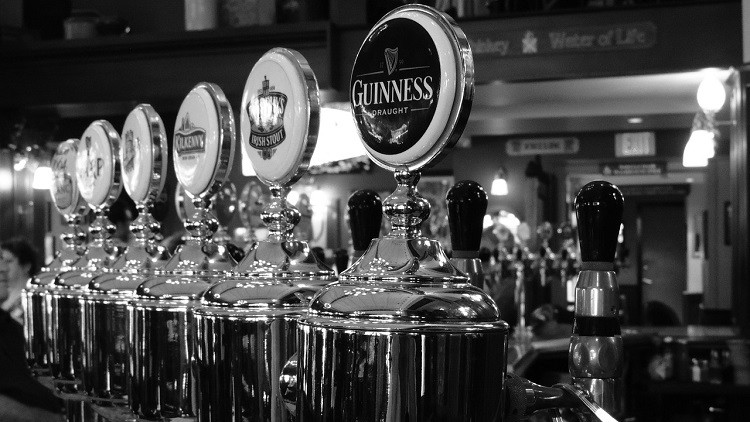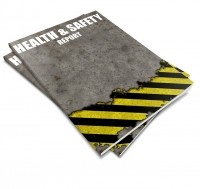Avoid these five legal breaches

Licensing solicitors Poppleston Allen broke down what can land operators facing legal trouble, be it a possible jail sentence or having a licence revoked.
The top legal failures are:
1. Breach of health and safety legislation, resulting in an injury or death
2. Neglecting fire safety legislation
3. Employment of illegal workers
4. Serious food safety breach
5. Repeated sales to underage
Licensing lawyer Alan Hamblett, partner at debt recovery and asset finance firm Corclaim, advised how to avoid making these mistakes.
Avoiding a health and safety legislation that results in an injury or death
Hamblett explained: “All pubs need to ensure that their employees are protected from harm by following appropriate health and safety guidelines.
“Risk assessments and safe systems of working are essential – any risk assessment must be fit for purpose and any safe system of work adhered to.”
This includes ensuring stairways and doorways are safe and cannot cause a customer or staff member to trip or be injured in any other way.
Adhering to fire safety procedures
It is increasingly common for operators to be prosecuted for offences under the Regulatory Reform (Fire Safety) Order 2005, according to Hamblett.
He said: “People visiting and staying at any premises must be kept safe.
“Therefore, public houses must conduct an appropriate fire risk assessment, and, any recommendations discovered from such a risk assessment should be implemented forthwith.”
Failure to carry out an adequate risk assessment or take the advice of a regulatory body is almost certain to lead to prosecution, he said.
Employing workers legally
Even a first-time offence of employing someone who is disqualified from work because of their immigration status could result in a premises licence being revoked.
But this can be prevented with simple checks to find out if someone is permitted to work in the UK.
Hamblett explained: “These include obtaining original acceptable identification documents, checking that the documents are genuine and that the person presenting them is the prospective employee, the rightful holder and allowed to do the type of work you are offering.
“Lastly, it is imperative to take a clear copy of each document in a format that cannot manually be altered, and retain the copy securely either electronically or as a hard copy.”
Preventing a serious food safety breach
“In recent history, publicans have found themselves before the courts for pest infestations, dirty premises, selling out-of-date food, preparing food using unhygienic utensils, and the list goes on,” Hamblett said.
At the very least, businesses that serve food must have a good food safety management system (FSMS), high cleaning standards throughout the site and clear labelling.
They must also have good supplier traceability and be able to trace products from delivery through to service, including temperature controls.
Regular audits, pest preventative measures and all staff being trained in food safety are also musts.
Avoiding repeated sales of alcohol to underage persons
Just two failed test purchases within a three-month period could cause a licensee to be prosecuted for frequently serving drinks to children.
Pubs could face suspension of alcohol sales for up to three months and/or an unlimited fine.
Hamblett advised: “Practical tips include operating a ‘challenge 25 policy’, operating a ‘no ID, no sale’ policy, use of a refusals book (to provide a record and evidence that a company has avoided the sale of alcohol to young people), staff training and displaying of statutory notices regarding the age limits of restricted products.”












